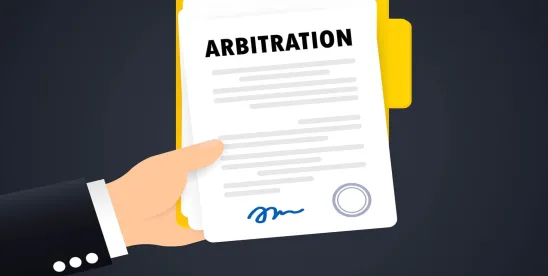So we are here in Florida for the critical TCPA Summit.
I spent about 5 hours on stage yesterday and will spend a couple more hours on stage today helping people to understand all the big 2024 TCPA trends.
Probably the biggest trend–if you can call it that–is that courts are just plain refusing to let TCPA defendants out of cases at early phases of litigation.
Here’s another example.
In VonDeylen v. Aptive, 2024 WL 5040924 (D. Minn Dec. 9, 2024) the Court refused to enforce an arbitration provision in favor of pest control company Aptive Environment in a TCPA dispute.
The Court found the arbitration provision only applied to disputes “arising out of” the agreement between the parties. But the texts had been sent two years after the relationship ended and had, apparently, been part of a “glitch” in Aptive’s text system.
Per the complaint the Plaintiff repeatedly texted “stop” to the messages–which were designed to set appointments- but the messages continued.
Although Aptive claimed the arbitration clause covered the messages, the Court had little trouble finding these messages did not relate to the underlying agreement:
Here, Plaintiff’s claims against Aptive do not relate to the performance of Aptive’s duties under the Aptive Agreement. In fact, the parties’ relationship under that agreement ended two years before Plaintiff received the text messages at issue. Instead, the claims are only tenuously connected to the Aptive Agreement simply because Aptive had access to Plaintiff’s cell number because of the past relationship. The Court does not find that this connection is enough for the claims to “arise out of” the agreement. Therefore, the Court finds that Plaintiff’s claims are not covered by the arbitration clause and Aptive’s motion is denied
So there you go.
Although Aptive lost the arbitration argument they still have strong defenses here. Seems unlikely the messages constitute marketing and as the number was supplied directly from the Plaintiff Aptive should be able to defeat an ATDS claim since no randomizer was seemingly used to store or produce the number at issue (although, I suppose, we can’t know that until later in the case.)
Will keep an eye on this.




 />i
/>i

